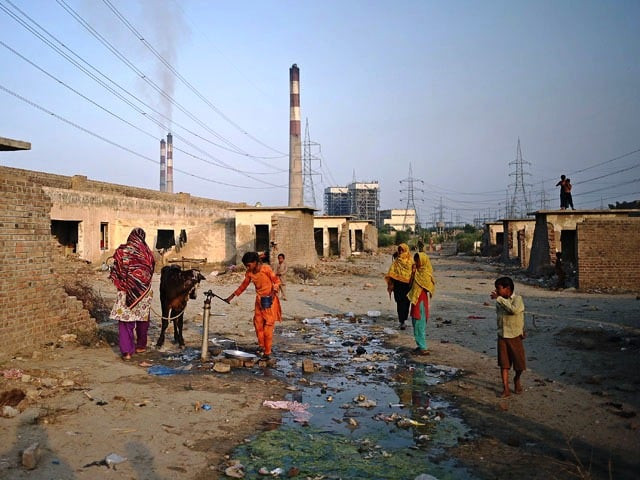Can flood victims find hope in mobile money?
The role mobile money could play in helping to accomplish the task that aid agencies face is worth examining.

Given the speed that is necessary to cope with the large number of people without safe drinking water, food and shelter, the role mobile money could play in helping to accomplish the task that aid agencies face is worth examining.
While mobile platforms have been used by aid agencies to distribute electronic vouchers redeemable for cash or food, such as the World Food Programme’s pilot project for Iraqi refugees in Syria, mobile money is still relatively new in this field.
Aid agencies are, however, coming to realise the cost effectiveness, speed and resilience that mobile money payments can provide in emergency situations.
One such agency is Concern Worldwide. In response to the Kenyan post-election violence in 2008, Concern and its local partner the Catholic Diocese of Eldoret implemented a cash transfer pilot in the Kerio Valley (KVCTP).
This programme sought to alleviate the food security problems that affected communities faced after the violence by piloting the use of Safaricom’s ‘M-Pesa’ in order to distribute payments to affected households.
Once beneficiaries (the matriarch of each household) received this electronic value, they could redeem it for cash with any M-Pesa agent and use it to buy food.
An evaluation of the KVCTP found that, subject to certain conditions, using mobile payments is preferential to food distribution when providing post-crisis support. The pilot highlighted that using the M-pesa system was faster (in dealing with logistical challenges), safer, cheaper and offered immediate relief to a wider reach of beneficiaries.
An added advantage was that beneficiaries stimulated the local food market. The evaluation also found that the mobile phones distributed as part of the project helped to empower members of the community.
Following this pilot, Concern is implementing a similar emergency cash transfer programme in Niger in partnership with Zain’s mobile money platform, ‘Zap’.
Given the size of Pakistan’s displaced population, damaged infrastructure, the tenuous security situation and perceived levels of corruption within the government, it is worth assessing the potential of monetary aid via mobile money.
A mobile money platform already exists in Pakistan—Telenor’s ‘easypaisa’, which offers the functionality to send money from one side of the country to another. Could aid agencies distribute monetary aid via easypaisa?
When we caught up recently with the Telenor Pakistan team, they told us that the answer is yes, but noted a few key challenges. First, a number of displaced families have lost all their belongings, including identification, so it is difficult to ensure that the payments are getting to the right people.
Next is the problem of distribution footprint. What happens when there is no local agent to serve affected communities?
Another issue is that of liquidity – unless retailers are willing to accept electronic value for payment of goods, customers will want to cash-out their payments. Hence, supplying agents in affected areas with cash remains a key concern.
Will mobile money play a role in the relief and rebuilding efforts in Pakistan? For the sake of displaced communities, it is hoped that it does.
The writer is a Programme Coordinator for the Mobile Money for the Unbanked (MMU) Programme at the GSM Association
Published in The Express Tribune, September 6th, 2010.



















COMMENTS
Comments are moderated and generally will be posted if they are on-topic and not abusive.
For more information, please see our Comments FAQ